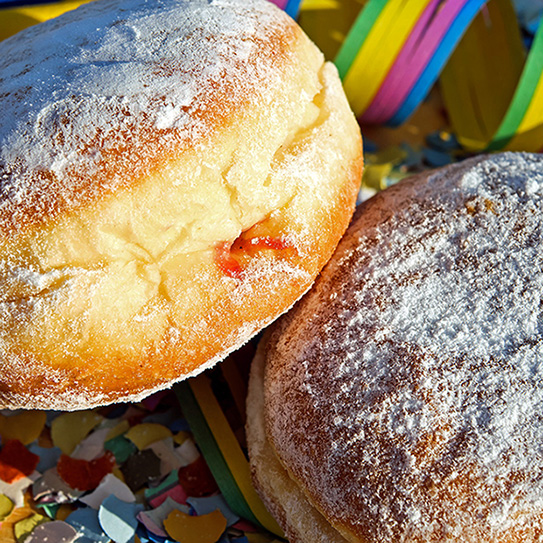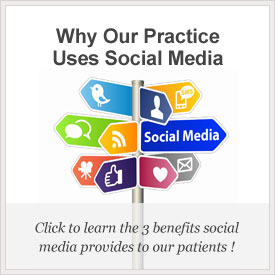The Hidden Sugars In Our Food

WHEN WE THINK OF SUGARY FOOD, we usually picture things like candy, cake, pie, ice cream, and soda, but there is sugar hiding in many of the foods we buy at the grocery store — even foods we don’t think of as sweet! This is bad news for our oral health, because the harmful bacteria in our mouths love all that sugar, whether we know we’re eating it or not.
Sugar’s Many Disguises
Unfortunately, finding the sugar in the food we buy isn’t so simple these days, because it hides behind many tricky-sounding names. Here are some of the terms to look for when checking ingredient lists:
- The “-ose” words: Fructose, sucrose, dextrose, lactose, maltose, glucose. All of these are scientific names for types of sugar molecules.
- The syrups: Corn syrup, high fructose corn syrup, maple/rice syrup, etc.
- The sugars: Brown sugar, malt sugar, cane sugar, beet sugar, coconut sugar, etc. Whether brown or white, liquid or powder, sugar is still sugar.
- The “natural replacements”: agave nectar, honey, evaporated cane juice, fruit juice concentrate, 100 percent fruit juice. While whole fruit is definitely a healthier snack than a candy bar, fruit juice isn’t any better for your teeth than soda.
- Molasses.
While these are the most common disguises sugar may take, there are plenty more. A good clue is in the “added sugars” line on the nutrition labels. Unfortunately, these sugars can be found in everyday foods we often think of as healthy (or at least not unhealthy), like Raisin Bran, fruit-flavored yogurt, ketchup, barbecue sauce, granola, and even most types of bread! This is why it’s important to always read the labels!
Our Recommended Daily Sugar Intake
With sugar hiding in so much of our food, avoiding it entirely can be a difficult task, but our teeth (and the rest of us) will be healthier and happier if we can keep the overall amount to a minimum. The American Heart Association recommends no more than 25 grams (6 teaspoons) a day for women, 36 grams (9 teaspoons) for men. That might not seem like much, but the good news is that the longer you go with less sugar in your day, the less you’ll miss it!
Healthy Sugar Replacements
At least east as important as the amount of sugar we consume is how we consume it. The reason whole fruit is healthier than fruit juice is that the sugar in fruit comes with a lot of water and fiber, making it harder for our bodies to absorb. Whole fruit is also more filling, whereas we could drink the equivalent of several oranges in juice and still have room for bacon, eggs, and toast. That right there is the difference between natural and processed sugars!
But what about when you get those sweet cravings and fruit just won’t cut it? That’s when sugar-free sweeteners like Stevia, xylitol, and erythritol or low-sugar alternatives like applesauce, bananas, dates, and figs come in handy. You’ll also have an easier time avoiding those insidious added sugars if you stick to whole foods.
Let’s Check On Those Teeth!
Luckily for all of us, cutting down on sugar isn’t the only way we can take care of our teeth. We can also keep them healthy and bright by brushing twice a day, flossing daily, and scheduling our regular dental cleanings. If it’s been more than six months since your last appointment, don’t hesitate to schedule your next one today!







My daughter and I love going to see Dr Aparna Sadineni and her professional staff. We never have to wait and the staff knows us like a second family. I highly recommend this office!